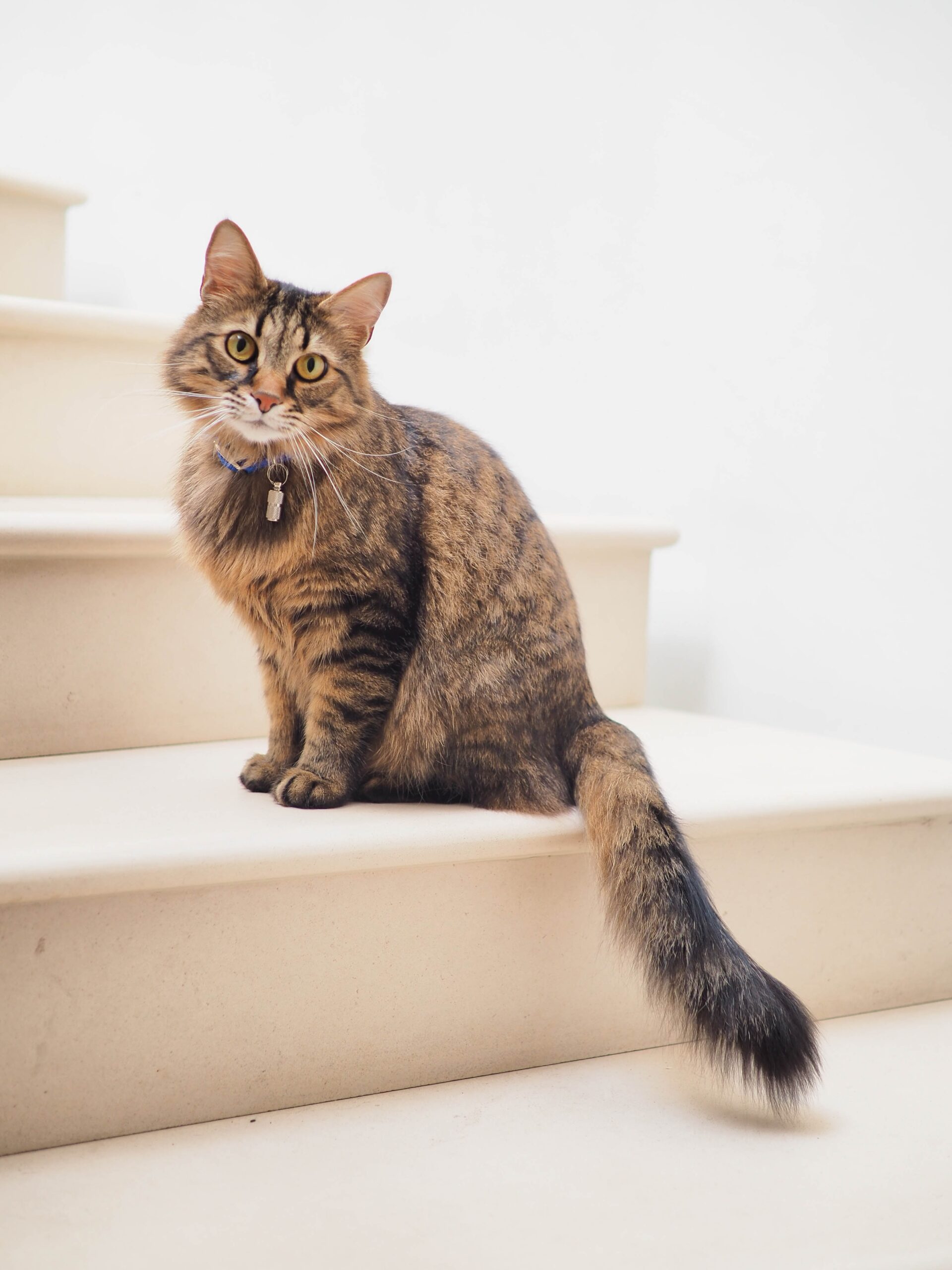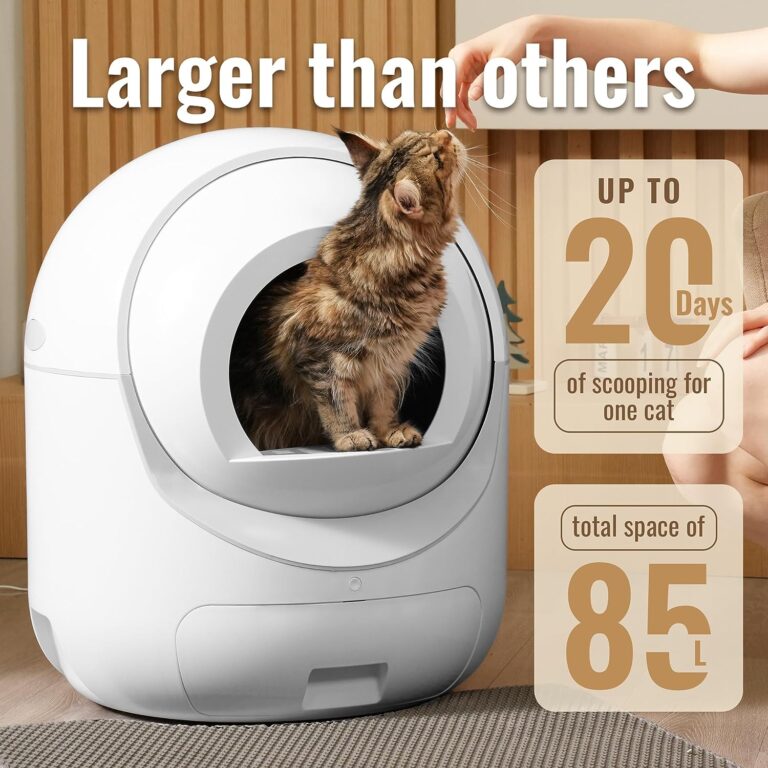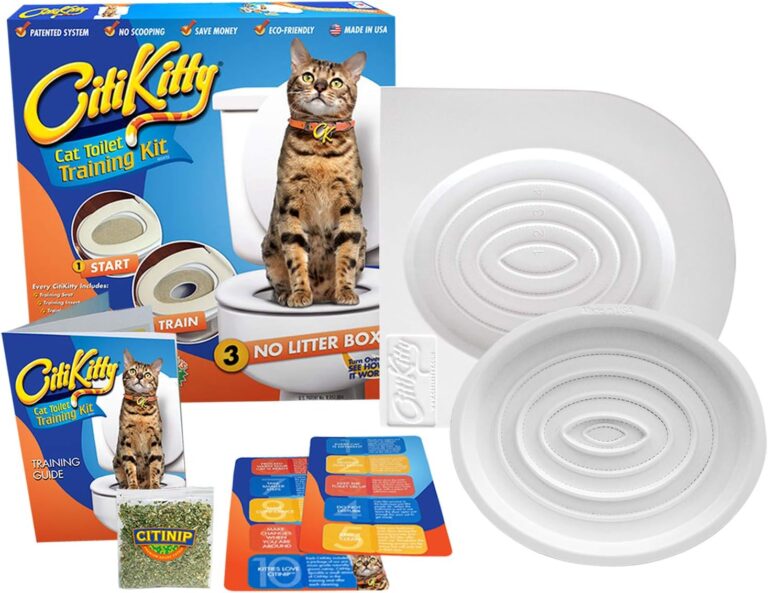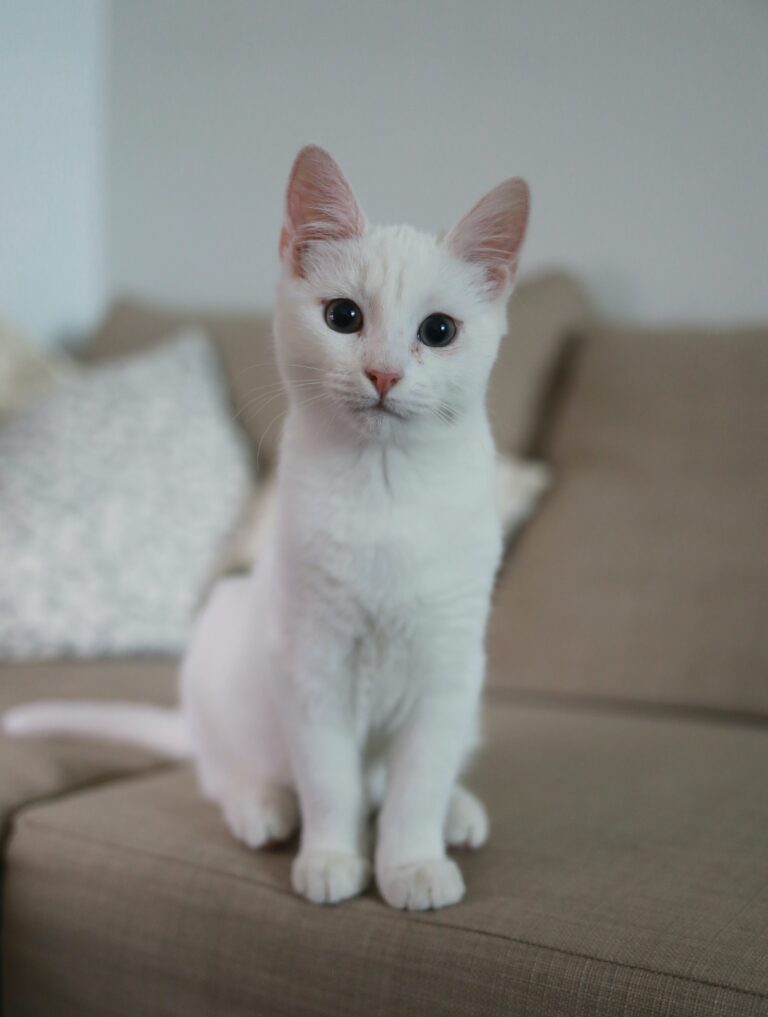Cat Spray Smell
Picture this: you walk into your home after a long day, ready to unwind and relax. But as you step inside, an overwhelming smell hits your nose – the distinct and unwelcome odor of cat spray. Instantly, your peaceful sanctuary is transformed into a stinky reminder of your furry friend’s not-so-pleasant habits. Not only is it unpleasant, but it can also be a real headache to get rid of. From soaked carpets to ruined furniture, the cost and effort of continually cleaning up after your cat can quickly add up. So, what can you do to tackle the dreaded cat spray smell? Fear not, because in this article, we will explore effective solutions and strategies to banish this unpleasant scent from your home, leaving it smelling fresh and clean once again.
Causes of Cat Spray Smell
Territorial Marking
One of the main reasons cats spray is to mark their territory. Cats have scent glands located in various parts of their bodies, including their paws and cheeks. When they spray, they release a pungent odor that is unique to them. This behavior is more common in unneutered male cats, but female cats can also engage in territorial marking.
Stress or Anxiety
Stress or anxiety can also cause a cat to spray. Changes in the environment, such as moving to a new home or the introduction of a new pet, can trigger this behavior. Cats are sensitive animals, and they may resort to spraying to cope with their stress.
Medical Issues
In some cases, medical issues can be the underlying cause of a cat spraying. Urinary tract infections, kidney problems, or bladder stones can lead to discomfort or pain while urinating, causing a cat to spray in unusual places.
Unneutered Cats
Unneutered male cats are more likely to spray than neutered males or female cats. This is because intact cats have higher levels of hormones, which can drive them to mark their territory by spraying. Neutering or spaying your cat can help reduce or eliminate this behavior.
Feline Communication
Cats also use spraying as a form of communication. They may spray to establish boundaries or to signal reproductive availability to other cats in the area. This behavior is more common in outdoor cats or in multi-cat households where there may be competition for resources.
Detecting Cat Spray Smell
Strong Odor
One of the most obvious signs of cat spray is a strong, pungent odor. Cat spray has a distinct smell that is often described as musky or ammonia-like. If you notice an intense smell in certain areas of your home, it is likely that a cat has sprayed.
Location of Spraying
The location of the spraying can also help you detect cat spray smell. Cats typically spray on vertical surfaces, such as walls, furniture, or doorways. They may also spray on objects or items that hold significance for them, such as your personal belongings or the belongings of other pets.
Visual Signs
In addition to the smell and location, there may be visual signs of cat spray. Look out for small droplets or streaks of urine on surfaces, as well as any discoloration or damage to furniture or walls. These signs can indicate that a cat has sprayed in that area.
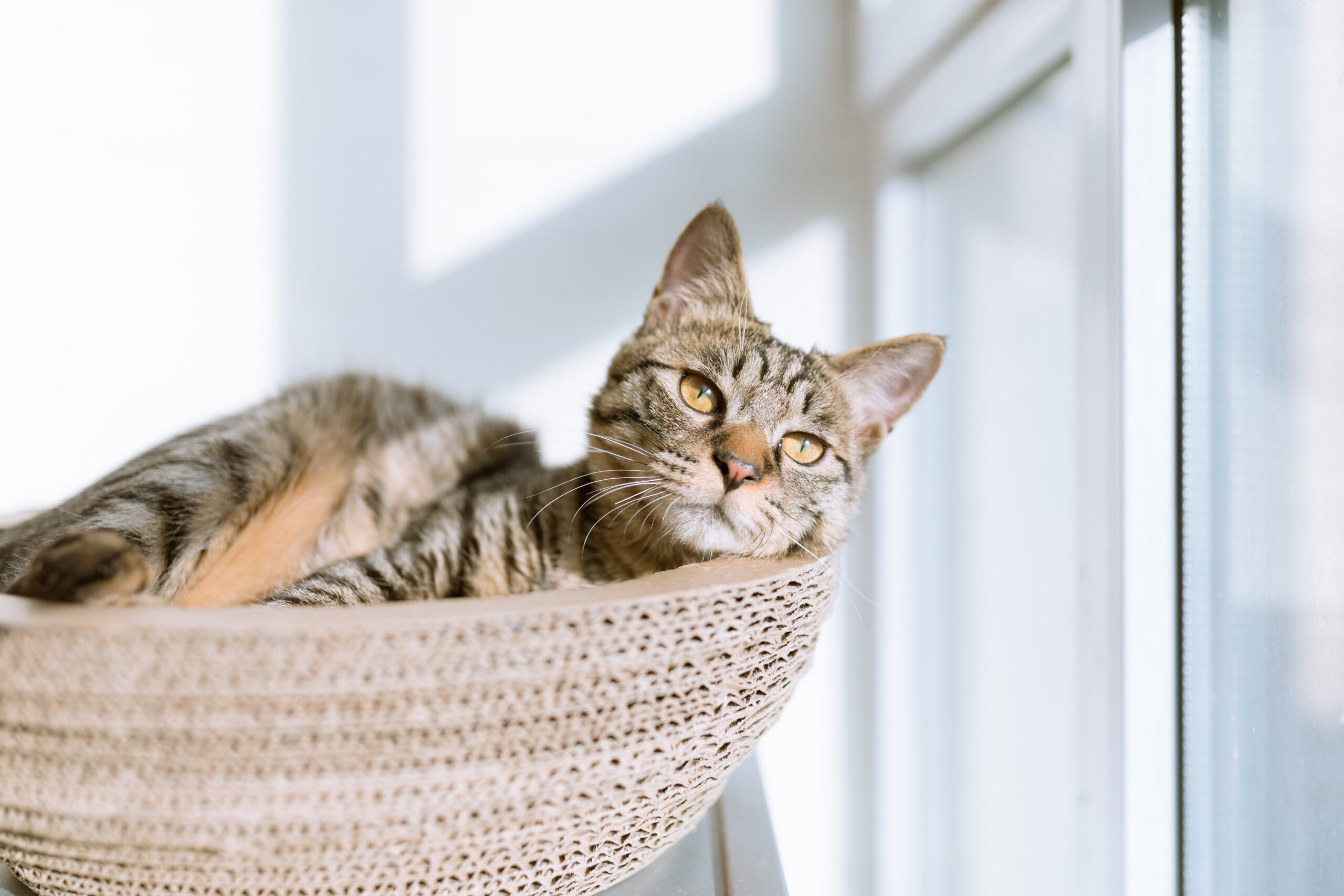
Steps to Remove Cat Spray Smell
Identify the Source
The first step in removing cat spray smell is to identify the source of the odor. Use your sense of smell and follow it to pinpoint the areas where the cat has sprayed. It is important to thoroughly inspect the affected areas, including walls, furniture, and carpets, as cat spray can seep into porous surfaces.
Clean Immediately
Once you have identified the source of the smell, it is crucial to clean it as soon as possible. The longer the urine sits, the more it will permeate the surface and become difficult to remove. Use a mild detergent or specialized cat urine cleaner to clean the affected area thoroughly.
Use Enzyme-based Cleaners
Enzyme-based cleaners are particularly effective in breaking down the components of cat urine and eliminating the odor. These cleaners contain enzymes that target the specific molecules in urine, effectively removing the smell. Follow the instructions on the cleaner and allow it to sit for the recommended time before rinsing or blotting.
Avoid Ammonia-based Cleaners
It is important to avoid using ammonia-based cleaners when dealing with cat spray smell. Ammonia is a component of cat urine, and using ammonia-based cleaners may actually attract the cat to spray in that area again. Opt for enzyme-based or specialized cat urine cleaners instead.
Neutralize Odor with Vinegar or Baking Soda
Vinegar and baking soda are natural deodorizers that can help neutralize the smell of cat spray. Mix equal parts vinegar and water and spray it on the affected area. Let it sit for a few minutes before blotting it dry. Alternatively, you can sprinkle baking soda on the area, let it sit for a few hours, and then vacuum it up.
Steam Clean Carpets and Upholstery
If the cat has sprayed on carpets or upholstery, steam cleaning can be an effective way to remove the smell. Steam penetrates deep into the fibers, killing the odor-causing bacteria and removing the smell. Make sure to use a cleaner specifically formulated for steam cleaning carpets and upholstery.
Consider Professional Cleaning
If the cat spray smell persists despite your best efforts, it may be necessary to seek professional cleaning services. Professional cleaners have access to specialized equipment and cleaning solutions that can effectively remove the odor. They can also provide recommendations for preventing future spraying.
Repaint Walls
In severe cases of cat spray, repainting the affected walls may be necessary to completely eliminate the smell. The urine can seep into the porous surface of the paint, making it difficult to remove without repainting. Use a primer specifically designed to block odors before applying a fresh coat of paint.
Replace Furniture or Carpets if Necessary
In some instances, the cat spray smell may be so deeply ingrained in furniture or carpets that it is impossible to completely remove. In these cases, it may be necessary to replace the affected items. Consider consulting with a professional to assess the extent of the damage and determine the best course of action.
Prevent Future Spraying
To prevent future cat spraying, it is important to address the underlying causes. Spaying or neutering your cat can significantly reduce the likelihood of spraying. Ensure that your cat has a clean litter box and make it easily accessible. Create a safe and stress-free environment for your cat, and consider using products like Feliway or other pheromone sprays to promote a sense of calm.
Natural Remedies to Eliminate Cat Spray Smell
Citrus Spray
Cats are repelled by the smell of citrus. You can create a natural citrus spray by mixing water and lemon or orange essential oil. Spray this solution on the areas where the cat has sprayed to deter them from returning.
White Vinegar Solution
White vinegar is another natural remedy to eliminate cat spray smell. Mix equal parts white vinegar and water and spray it on the affected areas. The vinegar will neutralize the odor and discourage the cat from spraying in those spots again.
Baking Soda and Hydrogen Peroxide
A mixture of baking soda and hydrogen peroxide can be effective in removing cat spray smell. Mix a teaspoon of baking soda with a cup of hydrogen peroxide and a few drops of dish soap. Apply this mixture to the affected areas, let it sit for a few minutes, and then wipe it clean.
Enzymatic Cleaner
As mentioned earlier, enzyme-based cleaners are highly effective in eliminating cat spray smell. You can purchase enzymatic cleaner specifically designed for pet urine odor removal. Follow the instructions on the product for best results.
Cat-friendly Air Fresheners
There are cat-friendly air fresheners available that can help mask the smell of cat spray. These products are designed to be safe for cats and can help freshen up your home while you work on eliminating the underlying odor.

Preventing Cat Spray Smell
Spaying or Neutering
As mentioned earlier, spaying or neutering your cat is one of the most effective ways to prevent cat spraying. This procedure reduces the hormonal drive to mark territory and significantly decreases the likelihood of spraying behavior.
Providing a Clean Litter Box
A clean litter box is essential in preventing cat spray smell. Cats are particular about their litter boxes, and if they feel it is dirty or unappealing, they may resort to spraying. Scoop the litter box daily, change the litter regularly, and provide multiple litter boxes if you have multiple cats.
Reducing Stress
Stress can be a significant factor in cat spraying. Take steps to reduce stress in your cat’s environment. Provide plenty of hiding spots, vertical spaces, and perches for your cat to retreat to. Use interactive toys and engage in regular play sessions to keep your cat mentally and physically stimulated.
Creating a Safe Environment
Create a safe and secure environment for your cat to minimize the need for territorial marking. This includes keeping your cat indoors to avoid potential conflicts with other cats. Provide separate resources, such as food bowls, water bowls, and litter boxes, for each cat in a multi-cat household.
Using Feliway or Other Pheromone Sprays
Feliway and other pheromone sprays can help create a calming environment for your cat. These sprays mimic the natural pheromones that cats release when they feel safe and secure. Use them in areas where the cat has sprayed or in general living areas to promote a sense of relaxation and prevent spraying behavior.
Common Mistakes when Dealing with Cat Spray Smell
Ignoring the Issue
Ignoring or neglecting the cat spray smell can worsen the problem over time. The longer the smell lingers, the harder it can be to eliminate. It is important to address the issue promptly to prevent it from becoming a recurring problem.
Using Regular Cleaners
Using regular cleaners, such as household disinfectants or bleach, may not be effective in removing cat spray smell. These cleaners are not specifically formulated to break down the components of cat urine. Using specialized cat urine cleaners or enzyme-based cleaners is recommended for optimal results.
Not Finding the Source
It is crucial to find the source of the cat spray smell and clean it thoroughly. If you only address the surface odor without finding the underlying cause, the cat may continue to spray in the same area or elsewhere in the house.
Incomplete Cleaning
Incomplete cleaning can leave behind traces of cat spray, which can continue to emit odor. Make sure to thoroughly clean all affected areas and follow the instructions on cleaning products. Repeat the cleaning process if necessary to ensure the odor is completely eliminated.
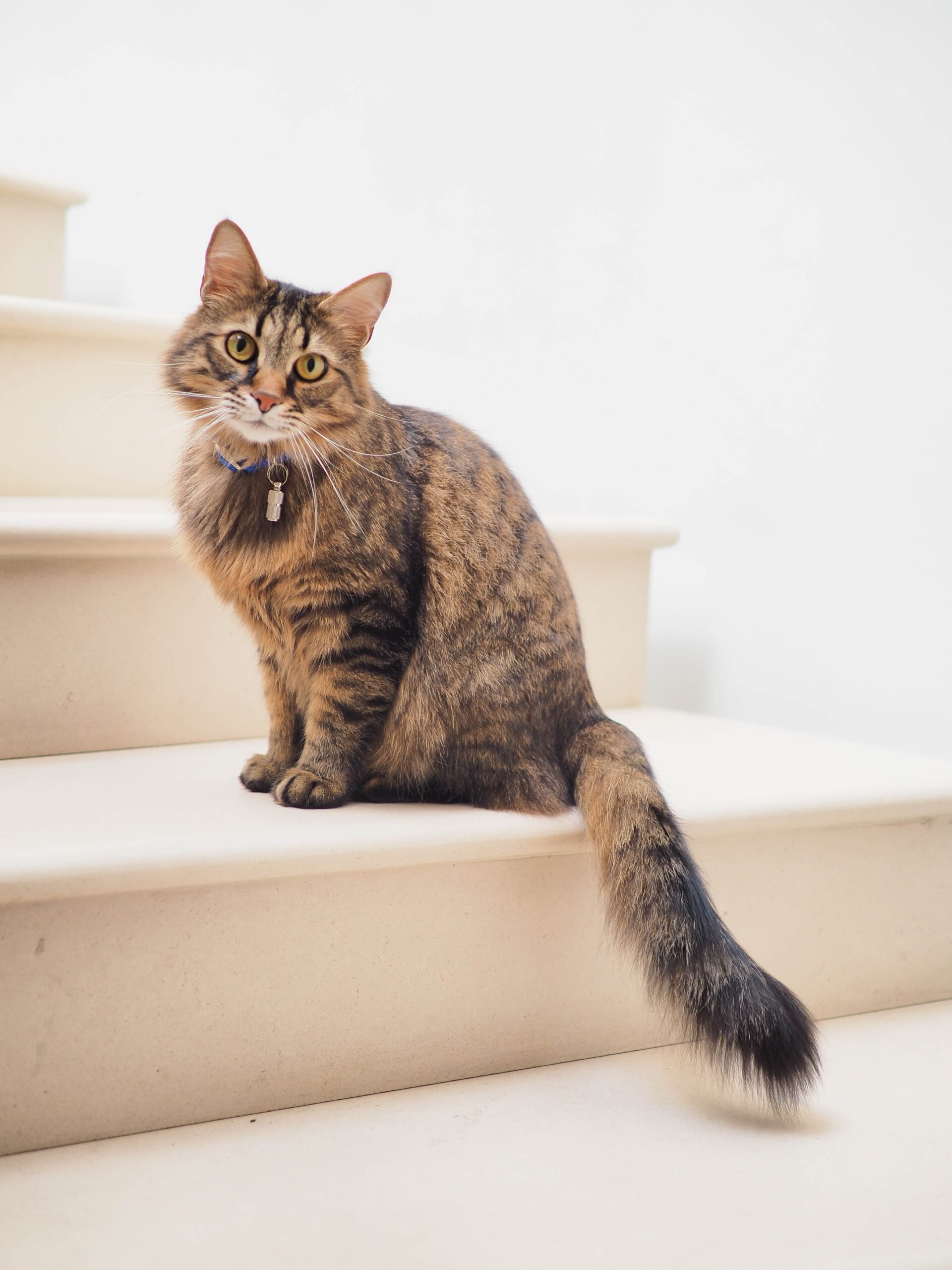
When to Seek Veterinary Help
Recurring or Intense Spraying
If your cat’s spraying behavior is recurring or becoming more intense, it may be a sign of an underlying issue. Consult with a veterinarian to rule out any medical conditions and to get professional advice on how to address the spraying behavior.
Changes in Urination Behavior
Changes in your cat’s urination behavior, such as increased frequency or difficulty urinating, should not be ignored. These changes can indicate a urinary tract infection or other medical condition that may require veterinary attention.
Accompanying Symptoms
If your cat is exhibiting other symptoms, such as blood in the urine, excessive thirst, or lethargy, it is important to seek veterinary help immediately. These symptoms can be signs of a more serious underlying medical condition.
Unsuccessful Attempts to Eliminate Odor
If you have tried various methods to eliminate cat spray smell but have been unsuccessful, it may be time to seek veterinary help. A veterinarian can provide guidance on specific strategies and treatments to alleviate the spraying behavior and eliminate the odor.
Home Remedies vs. Commercial Products
Benefits of Home Remedies
Home remedies can be a cost-effective and convenient option for eliminating cat spray smell. Natural solutions, such as vinegar and baking soda, are readily available and can be effective in neutralizing the odor. Home remedies also provide the opportunity to use non-toxic and cat-friendly ingredients.
Effectiveness of Commercial Products
Commercial products specifically designed to eliminate cat urine odor can be highly effective. They are formulated to break down the components of cat urine and neutralize the odor. These products often contain enzymes or other specialized ingredients that target the specific molecules in cat urine.
Cost Comparison
When considering home remedies versus commercial products, it is important to factor in the cost. Home remedies, such as vinegar and baking soda, are generally more affordable but may require more frequent application. Commercial products may have a higher upfront cost but can provide long-lasting odor elimination.

Masking Cat Spray Smell
Air Fresheners
Air fresheners can help mask cat spray smell temporarily. However, it is important to note that they do not eliminate the odor but rather cover it up. Use cat-friendly air fresheners that are safe for your cat and avoid products with strong chemical fragrances as they may irritate your cat’s respiratory system.
Odor Absorbing Products
Odor absorbing products, such as activated charcoal or baking soda, can help neutralize the smell of cat spray. These products work by absorbing and trapping odor molecules. Place them in the affected areas to help reduce the intensity of the smell.
Ventilation
Proper ventilation can help dissipate cat spray smell and prevent it from lingering in your home. Open windows or use fans to increase air circulation. This can help freshen up the environment and minimize the impact of the odor.
Conclusion
Dealing with cat spray smell can be challenging, but understanding the underlying causes and taking the appropriate steps can help eliminate the odor and prevent future spraying. Identifying the source, cleaning immediately, and using effective cleaning products are key in removing cat spray smell. Natural remedies can be used alongside commercial products to provide additional odor elimination. Preventing cat spray smell involves spaying or neutering, providing a clean litter box, reducing stress, and creating a safe environment for your cat. If the issue persists or is accompanied by other symptoms, seeking veterinary help is essential. Using home remedies or commercial products to mask the smell can provide temporary relief. By addressing the issue promptly and taking proactive measures, you can create a fresh and odor-free home for both you and your cat.

